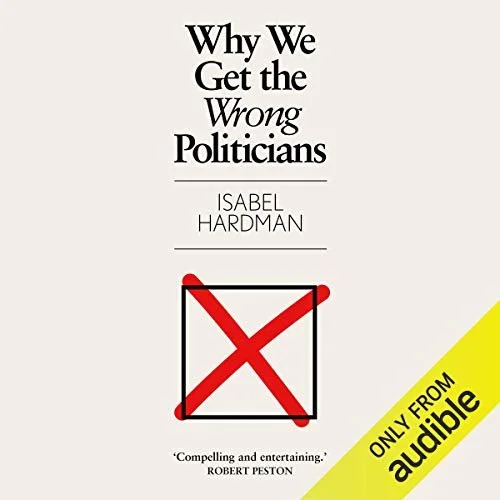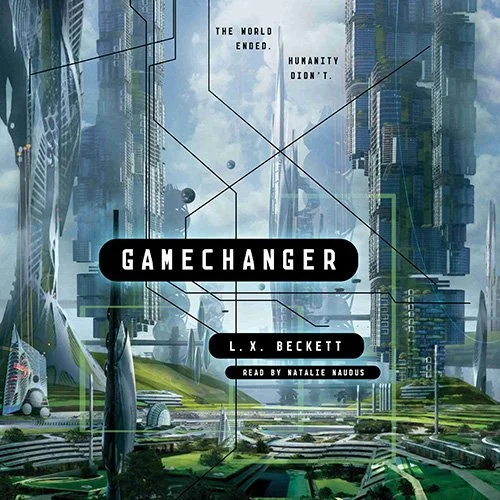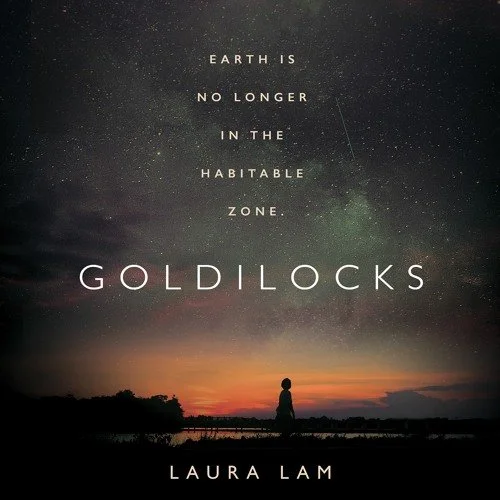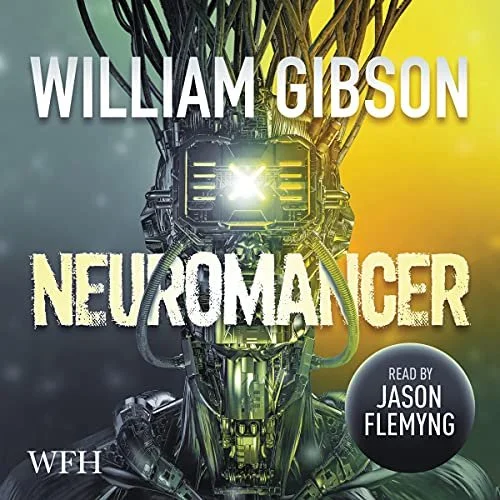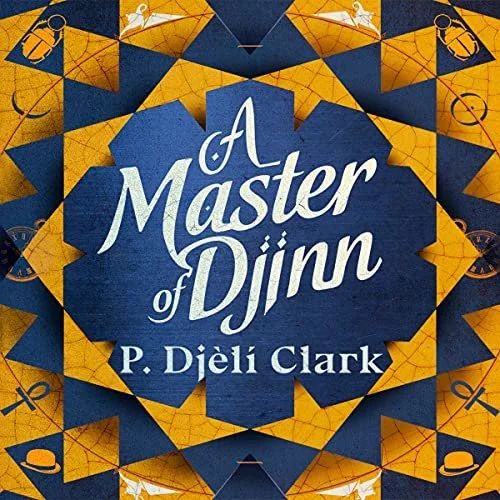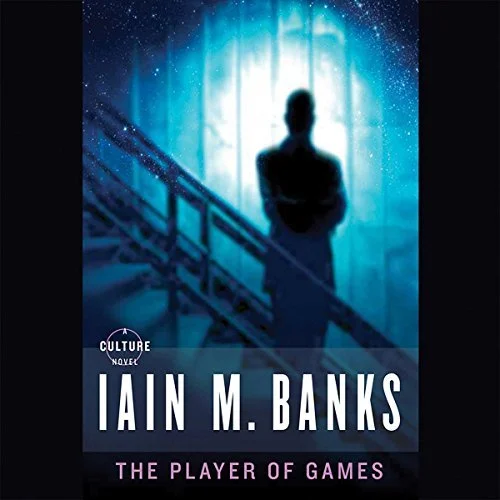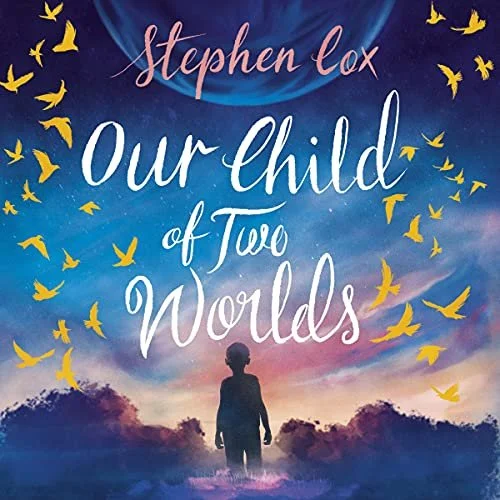Ancient heroes in modern stories: How do we capture the stories of the ancient world in contemporary fiction?
A formative experience for many people I know was reading Donna Tartt’s The Secret History in their early 20s. I read it recently, in my mid-30s, but I was immediately transported back to that time in my life where my personality was still malleable and the trajectory of my life was undecided. Back then, it felt like I could be or do anything and that sense of an adult life coming into focus, with all its wonderful possibilities and crushing disappointments, is what Tartt captures so brilliantly in her book.
The novel chronicles the college years of Richard Papen, a disaffected teenager who falls in with a clique of eccentric classicists whilst attending a prestigious college in Vermont. For many people this is the quintessential coming of age novel, capturing the search for identity that many people in their late teens and early 20s go through.
The Greek students
The group of Ancient Greek students (Henry, Bunny, Francis, Charles and Camilla) that Richard falls in with are not just any other clique of sophisticated, intellectual misfits - who can be found at any university across the world - but are people with a deep affinity to the past and are disaffected from the modern world. They look to ancient cultures to find meaning in life.
This is one reason why so many teenagers or people in their early twenties love this book. It’s not just about becoming an adult or going to university, it’s about how you find out who you are if you are alienated from the modern world and instead feel the siren call of a different time. It’s about how you become an adult when you reject the roles that contemporary society has created for adults.
Ancient places
When I was at university we smoked weed and listened to the Beatles and fantasized about a time when writing a song called “Revolution” was a powerful statement; a world before Revolution was used to sell Nike trainers. Or we smoked weed and listened to the Levellers sing “Do I belong to some ancient race, because I like to walk in ancient places?” and “I don’t believe in your modern ways”. Or we smoked weed and watched Easy Rider or Withnail and I, whilst dreaming about running away from everything that tied us to a place and responsibility.
This was an act of rebellion against the path that had been laid out for us. A path from school to university to a boring white-collar job, to marriage, to home in the suburbs and 2.5 kids. It wasn’t an effective or particularly original rebellion against middle-class conformity, but it came from a place of wanting something different to the roles society had prepared for us.
Quoting Nietzsche
Had I read The Secret History at that time, it would have fitted perfectly into this world view of rejected contemporary middle-class life. Tartt’s book resonates with anyone who sees the modern world as being inauthentic, morally corrupt or soulless and goes searching for meaning in a different place or time. This theme is summed up by a quote from Frederick Nietzsche at the start of the book that reads:
“I enquire now as to the Genesis of a philologist and assert the following:
A young man cannot possibly know what Greeks and Romans are.
He doesn't know whether he is suited for finding out about them.”
This quote (as well as being an amusing joke about studying languages) perfectly sums up the book’s themes because Richard, and the other Greek students, are looking towards the Greeks and Romans to find meaning in life.
Our idea of what Greeks and Romans were like
By using this quote, I don’t think Tartt literally means Greeks and Romans, the people who lived in those ancient civilisations. She is invoking our idea of what Greeks and Romans were like. This idea bears little relation to the everyday lives of those people - whose concerns and passions are as mundane as those of our age - but comes from the characters that fill the stories (history, myth and what lies in between) that have come down to us from those ancient civilisations.
These are stories about heroes and great people (usually, but not always, men). “Men of thought and deed” to quote the title of the archaic reference book that Bunny uses to write an English essay. People whose actions often outlasted their lives and have caused them to transcend their mortal (or sometimes fictional) lives to become legends. This is what is meant by Greeks and Romans.
Crucially these Greeks and Romans were not constrained by our modern, Western, middle-class, Christian values. The banal concerns of the modern American were of no consequence to these Greeks and Romans. Thus, many people who sought to escape bland modernity attempted to “know” these Greeks and Romans. Whether they were ready to or not.
Escaping the modern world
What the characters are searching for, and in places achieve, in the Secret History is to live like a Greek or a Roman in the modern world. The Greek students are all dissatisfied with their middle-class existence. They don’t identify with the values of their parents or the other students at Hampden - the prestigious East Coast college they attend.
Richard seems to be physically repelled by the banal West Coast existence of his lower middle-class parents, who live in the shadow of things he sees as shallow, i.e. Hollywood films and celebrities. By moving to Hampden and studying Ancient Greek, Richard is seeking to escape, not only his parents, but from middle-class American life by living like Greeks and Romans of the stories he studies.
Rejection of modern values
The characters want to be Ancient Greeks. Especially Henry, the one who is most clearly a man born at the wrong time. This is most obviously seen in his spearheading the recreation of the Ancient Greek ritual the characters preform in the book, but also by his complete disconnection from the modern world, this goes as far as Henry not knowing that man had walked on the moon.
The way that the Greek Students live their lives is not bound by Western, middle-class, Christian values. For example, the book implies (albeit through secondhand reports from unreliable witnesses) that the twins Charles and Camilla have an incestuous relationship. There is also the fact that the main characters successfully murder one of the group: a reflection of the more violent nature of ancient societies and the violence of ancient myths, where disputes were often settled by the sword.
They want to be heroes
The students want to be heroes in the very unheroic late twentieth century. The heroes of Greek and Roman stories distinguished themselves through warfare and in the construction of monuments, either putting lasting deeds into history or lasting buildings into the world. I can imagine Henry as a great warrior king of ancient Greece or a Caesar, but he’s not a hero for an age where war is done by drones and great buildings are designed and made by committees.
Much like Levellers in the song Sell Out quoted above, the Greek students hear the call of an ancient way of living, or at least the call of what our modern idea of ancient life was like. They want to live their lives in a heroic way, which is not possible in the modern world. There is even discussion at one point (only partly in jest) of the students marching on the town of Hampton like an army and seizing it; a plainly ridiculous idea that shows how unsuited the students’ desires are to the modern age.
In many ways this book about disaffected middle-class language students at college in the 20th century captures how we see the heroes of ancient Greece and Rome better than many direct adaptations of the legends of these societies.
Brad Pitt and Troy
The contrast can be strongly seen in the Brad Pitt starring film Troy, a direct adaptation of parts of the Iliad. Pitt plays Achilles the legendary Greek warrior, Eric Bana plays Hector and Brian Cox is Agamemnon. This film does a good job of squeezing a fair chunk of the epic poem into the shape of a conventional Hollywood film, complete with a three-act structure, love interest and epic battle scenes. It’s from the age of “gritty realistic” reboots of characters, like Batman and James Bond, and thus doesn’t contain any gods intervening or supernatural elements.
Unlike The Secret History, Troy doesn’t capture how different the ancient world was to ours through looking at its different morality and spirituality. Whereas The Secret History explores the ideas of escaping from contemporary western life into the ancient past where people thought and acted differently, Troy emphasis how similar we are to the ancients.
Pitt’s Achilles is motivated by very contemporary values of monogamous love and a sense of fair play in battle. This film is more a window into contemporary American values than an escape into the past, where things were different.
Pitt as Achilles
The film, although enjoyably entertaining, is also let down by Brad Pitt not being convincing as Achilles. Pitt plays Achilles as the superstar of his day, which he does well, but he has none of the legendary fighter's anger.
Pitt fails to convey the enormous rage of Achilles, which causes him to sit out most of the siege of Troy because Agamemnon scorns his pride and later brings him into the battle when he calls out Hector after the Trojan hero slays Patroclus. Pitt’s performance has none of the rage that leads Achilles to not only slay a man but to drag his corpse behind his chariot until it is a bloody ruin.
The film shows the events of the Iliad, but it doesn’t make them the stuff of legend. The legends that the Greek students are eager to escape into. This film doesn’t convince me that Achilles is a time defying hero, whose actions not only changed the course of a war but have lived on for millennia after his death.
Achilles is the sort of hero that Henry wants to be. Not a hero who fights for love of a woman or his country, but someone who fights so that his glory can be written in blood across all of time. An immortal whose life was greater than that led by anyone in middle-class America. This is the sort of life that is not available to Henry and the Greek students, but they reach for it anyway.
Ilium by Dan Simmons
Another literal attempt to adapt the Iliad is the novel Ilium by Dan Simmons. This is a sci-fi take on the book. It follows a dead classics professor who is reanimated on Mars, where the siege of Troy has been recreated by evolved beings claiming to be the Greek gods. These beings substitute advanced technology for the magical interventions in Homer’s poem. The book offers little explanation to why this is happening, but it does faithfully follow the plot of the Iliad.
This book does capture the time defying greatness of figures like Achilles and Hector, this is mainly because we see them through the eyes of a 20th century classical scholar; complete with frequent off-topic moaning about his students being too politically correct, which cross the line from characterisation into an axe that the author is grinding.
Lack of contrast
The book literally transposes the heroic acts of the characters of Greek legend into a different story, but does little to explore the different moral codes that governed their lives. We are told about the Greeks and Trojans’ delighted in battle and acts of heroism, however, the morality and spirituality of the ancients are not shown in contrast to our own.
This is a novel about how someone from our time has escaped the mundane present into the legends of the ancient world, but it does not explore why someone would want to leave our world for the world of the Iliad. Exploring this idea is what makes The Secret History such a compelling story.
Wanting a different world
A great piece of art, like a great novel or epic poem, can make intangible ideas seem as real as the material world. It can also bridge a gap in understanding, making ideas or ways of life that were previously inconceivable to us understandable. Whilst reading The Secret History, I felt that I knew what it was like to grow up in suburban California, in the shadow of so much Hollywood grandeur that appeared impressive but in actuality is shallow. I understood what it was like to yearn for a heroic life in a land that didn’t just lack heroes, but had no need for heroes.
The Secret History capture’s Richard’s desire to escape the mediocrity of middle-class American life that he was born into. By surrounding himself with others who think like this and rejecting the contemporary, middle-class American values, he attempts to live that different life.
This speaks to me as someone who yearns for a different world. Not the more violent one of the age of Greek and Roman heroes, but a kinder world. Many people who want the world to be better than it is, find that this novel speaks to them. Not just people who fight for a specific cause or to right a specific wrong, but all the people who feel that the whole of our contemporary life is governed by the wrong values: those of greed and materials instead of compassion. This is especially true of people who have grown up surrounded by people who live middle-class, middle of the road, materialistic lives like Richard did.
As someone who wants the world to be a more caring place, I can relate to the story of someone who decides that he rejects the values that he grew up with and seeks to escape to a different world with different values. This is what the Secret History captures so beautifully: not only the desire to escape from the mundane world into a different one, but the belief that it might just be possible.


